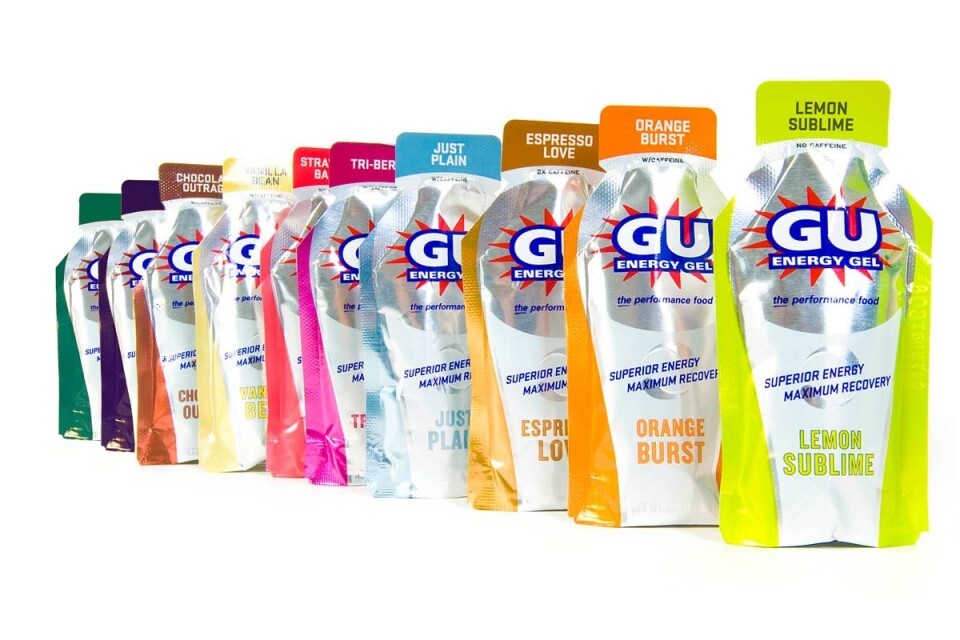Running News Daily
Running News Daily is edited by Bob Anderson. Send your news items to bob@mybestruns.com Advertising opportunities available. Train the Kenyan Way at KATA Kenya and Portugal owned and operated by Bob Anderson. Be sure to catch our movie A Long Run the movie KATA Running Camps and KATA Potato Farms - 31 now open in Kenya! https://kata.ke/
Index to Daily Posts · Sign Up For Updates · Run The World Feed
One simple trick to master fuelling on the run, Practice, practice, practice: here's how
Practice. If you’re used to simply lacing up your shoes and heading out the door, it can seem like a nuisance to have to consider your meals, snacks, and what nutrients you should be taking in every single time you run. Becoming better at this key skill for any longer-distance race means incorporating it into your training as often as possible. Here’s why, and how to get started.
Experiment with gels and real food
If you’re training for a marathon distance or longer, you should be taking in some form of calories once your weekly long runs are longer than an hour. Regardless of what nutrition plan you follow in your life outside of running, you’ll probably turn to carbohydrates during a race, and for good reason. Simple carbohydrates, often in the form of glucose, are the easiest to digest and will give you an energy boost quickly.

If you’re training for an ultra, depending on the distance, you need to co-ordinate consuming thousands of calories. Gels can be an easy form of simple carbs to take in, but when you’re logging many hours, you may want to turn to real food.
If you have tackled a few long runs, you’ll know that while you might feel hungry, not every type of food will satisfy or sit well in your stomach. Experiment on long runs with foods that appeal to you, and see if you can manage to eat and digest them while running without GI distress. Some runners have no issue eating a sandwich while logging mileage, others will feel sick trying to digest anything of substance. The good news is that you can actually train your gut to handle digesting food better while running; it just takes (you guessed it) practice.

Practice the actual act of managing to eat while running
If you’ve ever volunteered at a marathon or ultra aid station, you have probably noticed people struggling to open gels, drink from little cups, or unscrew the lids on their hydration packs. While some very experienced athletes have their fueling down to a fine art, the vast majority of runners aren’t at their most dextrous during a hard run.
When most of the calories you are consuming are being used to keep your legs moving, your body temperature regulated and your brain functioning enough to keep you on the course, you lose fine motor skills. Practicing eating and drinking on long runs can make a vast difference when it comes to race day.
Learn how your body responds to salt and caffeine
Caffeine can be a very effective stimulant for athletes, but knowing how much and how to use it is unique to each runner. A large body of research has shown that caffeine enhances mental alertness and delays physical fatigue, but it can be tricky to determine how much is ideal for your body and how you prefer to ingest it. Test out gels or drink mixes that contain caffeine, caffeine pills and caffeine chewables to see if you find them effective.
We know that sodium is an essential electrolyte, and salt is one of the thing things the body becomes depleted of most quickly during hard efforts. Salt also contains electrolytes like magnesium, calcium and potassium, so it’s good for more than just sodium replenishment. Experiment with salt pills, chewable salt tablets, or simply add a pinch of salt to some water.
Drink mixes have varying amounts of electrolytes, so be sure to keep track of what you try and what seems effective–hotter days will require more salt to keep your body running smoothly.
While it can seem like one more thing to juggle when you head out to train, making sure you’re keeping track of fuel and experimenting at every opportunity will make you a more wise, prepared and strong athlete. When it comes to fuelling, practice really does make perfect.
by Keeley Milne
Login to leave a comment




